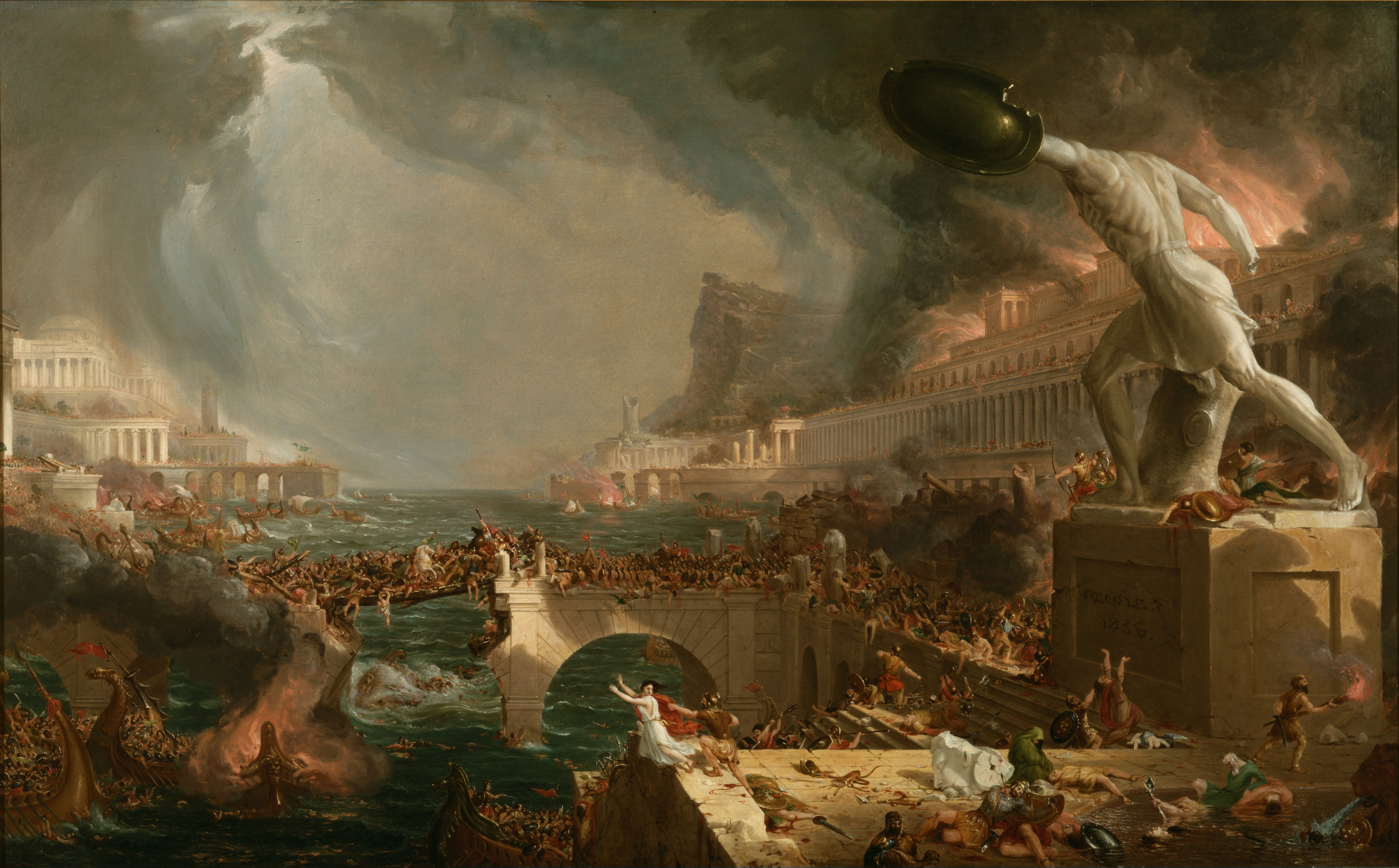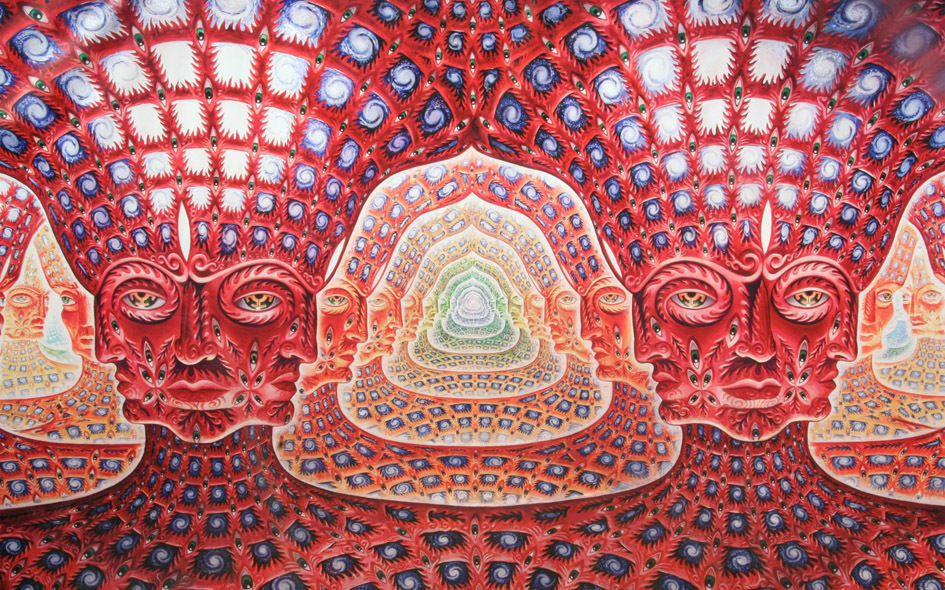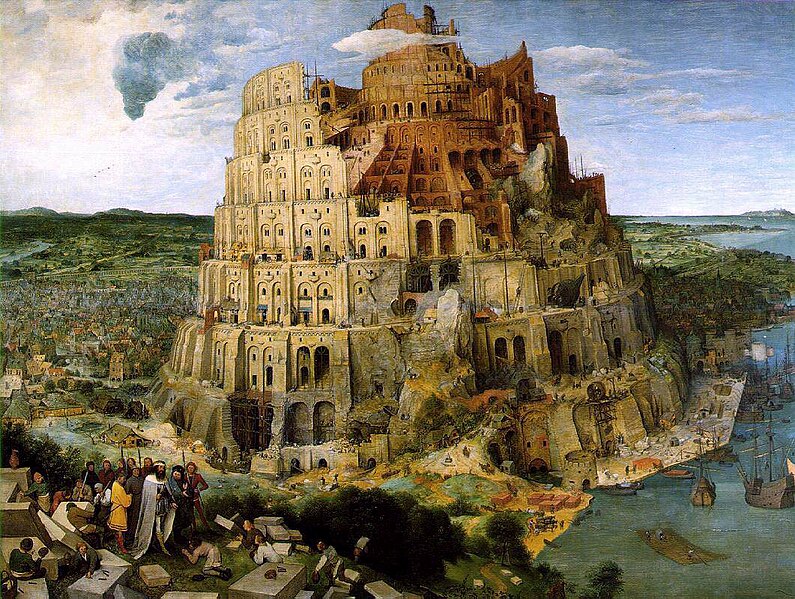In times of human rage and dangerous political brinkmanship, I can think of no wiser head to turn to than Martin Luther King, Jr. Throughout volumes of speeches and sermons, Martin Luther King offers practical solutions to some of the most pressing issues of his time – war, poverty, tyranny, nuclear proliferation, and racism. Though his assassination took place forty-six years ago, many of the problems he spoke of persist today. Thus, his messages are just as valuable as they were during the Civil Rights Movement, and his diagnoses of former problems, as well as his proscribed solutions can be applied to society’s current maladies. Below are some great excerpts from a 1957 MLK sermon titled, Loving Your Enemies. Click here to listen to an audio recording of the speech.
Democracy is the greatest form of government to my mind that man has ever conceived, but the weakness is that we have never touched it. Isn’t it true that we have often taken necessities from the masses to give luxuries to the classes? Isn’t it true that we have often in our democracy trampled over individuals and races with the iron feet of oppression? Isn’t it true that through our Western powers we have perpetuated colonialism and imperialism? And all of these things must be taken under consideration as we look at Russia. We must face the fact that the rhythmic beat of the deep rumblings of discontent from Asia and Africa is at bottom a revolt against the imperialism and colonialism perpetuated by Western civilization all these many years. The success of communism in the world today is due to the failure of democracy to live up to the noble ideals and principles inherent in its system.

Thomas Cole, The Course of Empire, The Savage State
And this is what Jesus means when he said: "How is it that you can see the mote in your brother’s eye and not see the beam in your own eye?" Or to put it in Moffatt’s translation: "How is it that you see the splinter in your brother’s eye and fail to see the plank in your own eye?" And this is one of the tragedies of human nature. So we begin to love our enemies and love those persons that hate us whether in collective life or individual life by looking at ourselves.
A second thing that an individual must do in seeking to love his enemy is to discover the element of good in his enemy, and everytime you begin to hate that person and think of hating that person, realize that there is some good there and look at those good points which will over-balance the bad points.
I’ve said to you on many occasions that each of us is something of a schizophrenic personality. We’re split up and divided against ourselves. And there is something of a civil war going on within all of our lives. There is a recalcitrant South of our soul revolting against the North of our soul. And there is this continual struggle within the very structure of every individual life. There is something within all of us that causes us to cry out with Ovid, the Latin poet, "I see and approve the better things of life, but the evil things I do." There is something within all of us that causes us to cry out with Plato that the human personality is like a charioteer with two headstrong horses, each wanting to go in different directions. There is something within each of us that causes us to cry out with Goethe, "There is enough stuff in me to make both a gentleman and a rogue." There is something within each of us that causes us to cry out with Apostle Paul, "I see and approve the better things of life, but the evil things I do."
 Thomas Cole, The Course of Empire, The Arcadian State
Thomas Cole, The Course of Empire, The Arcadian State
So somehow the "isness" of our present nature is out of harmony with the eternal "oughtness" that forever confronts us. And this simply means this: That within the best of us, there is some evil, and within the worst of us, there is some good. When we come to see this, we take a different attitude toward individuals. The person who hates you most has some good in him; even the nation that hates you most has some good in it; even the race that hates you most has some good in it. And when you come to the point that you look in the face of every man and see deep down within him what religion calls "the image of God," you begin to love him in spite of. No matter what he does, you see God’s image there. There is an element of goodness that he can never sluff off. Discover the element of good in your enemy. And as you seek to hate him, find the center of goodness and place your attention there and you will take a new attitude.
 Thomas Cole, The Course of Empire, The Consummation
Thomas Cole, The Course of Empire, The Consummation
Another way that you love your enemy is this: When the opportunity presents itself for you to defeat your enemy, that is the time which you must not do it. There will come a time, in many instances, when the person who hates you most, the person who has misused you most, the person who has gossiped about you most, the person who has spread false rumors about you most, there will come a time when you will have an opportunity to defeat that person. It might be in terms of a recommendation for a job; it might be in terms of helping that person to make some move in life. That’s the time you must do it. That is the meaning of love. In the final analysis, love is not this sentimental something that we talk about. It’s not merely an emotional something. Love is creative, understanding goodwill for all men. It is the refusal to defeat any individual. When you rise to the level of love, of its great beauty and power, you seek only to defeat evil systems. Individuals who happen to be caught up in that system, you love, but you seek to defeat the system.
And this is what Jesus means, I think, in this very passage when he says, "Love your enemy." And it’s significant that he does not say, "Like your enemy." Like is a sentimental something, an affectionate something. There are a lot of people that I find it difficult to like. I don’t like what they do to me. I don’t like what they say about me and other people. I don’t like their attitudes. I don’t like some of the things they’re doing. I don’t like them. But Jesus says love them. And love is greater than like. Love is understanding, redemptive goodwill for all men, so that you love everybody, because God loves them. You refuse to do anything that will defeat an individual, because you have agape in your soul. And here you come to the point that you love the individual who does the evil deed, while hating the deed that the person does. This is what Jesus means when he says, "Love your enemy." This is the way to do it. When the opportunity presents itself when you can defeat your enemy, you must not do it.
Now for the few moments left, let us move from the practical how to the theoretical why. It’s not only necessary to know how to go about loving your enemies, but also to go down into the question of why we should love our enemies. I think the first reason that we should love our enemies, and I think this was at the very center of Jesus’ thinking, is this: that hate for hate only intensifies the existence of hate and evil in the universe. If I hit you and you hit me and I hit you back and you hit me back and go on, you see, that goes on ad infinitum. [tapping on pulpit] It just never ends. Somewhere somebody must have a little sense, and that’s the strong person. The strong person is the person who can cut off the chain of hate, the chain of evil. And that is the tragedy of hate, that it doesn’t cut it off. It only intensifies the existence of hate and evil in the universe. Somebody must have religion enough and morality enough to cut it off and inject within the very structure of the universe that strong and powerful element of love.
I think I mentioned before that sometime ago my brother and I were driving one evening to Chattanooga, Tennessee, from Atlanta. He was driving the car. And for some reason the drivers were very discourteous that night. They didn’t dim their lights; hardly any driver that passed by dimmed his lights. And I remember very vividly, my brother A. D. looked over and in a tone of anger said: "I know what I’m going to do. The next car that comes along here and refuses to dim the lights, I’m going to fail to dim mine and pour them on in all of their power." And I looked at him right quick and said: "Oh no, don’t do that. There’d be too much light on this highway, and it will end up in mutual destruction for all. Somebody got to have some sense on this highway."
Somebody must have sense enough to dim the lights, and that is the trouble, isn’t it? That as all of the civilizations of the world move up the highway of history, so many civilizations, having looked at other civilizations that refused to dim the lights, and they decided to refuse to dim theirs. And Toynbee tells that out of the twenty-two civilizations that have risen up, all but about seven have found themselves in the junkheap of destruction. It is because civilizations fail to have sense enough to dim the lights. And if somebody doesn’t have sense enough to turn on the dim and beautiful and powerful lights of love in this world, the whole of our civilization will be plunged into the abyss of destruction. And we will all end up destroyed because nobody had any sense on the highway of history. Somewhere somebody must have some sense. Men must see that force begets force, hate begets hate, toughness begets toughness. And it is all a descending spiral, ultimately ending in destruction for all and everybody. Somebody must have sense enough and morality enough to cut off the chain of hate and the chain of evil in the universe. And you do that by love.
 Thomas Cole, The Course of Empire, Destruction
Thomas Cole, The Course of Empire, Destruction
There’s another reason why you should love your enemies, and that is because hate distorts the personality of the hater. We usually think of what hate does for the individual hated or the individuals hated or the groups hated. But it is even more tragic, it is even more ruinous and injurious to the individual who hates. You just begin hating somebody, and you will begin to do irrational things. You can’t see straight when you hate. You can’t walk straight when you hate. You can’t stand upright. Your vision is distorted. There is nothing more tragic than to see an individual whose heart is filled with hate. He comes to the point that he becomes a pathological case. For the person who hates, you can stand up and see a person and that person can be beautiful, and you will call them ugly. For the person who hates, the beautiful becomes ugly and the ugly becomes beautiful. For the person who hates, the good becomes bad and the bad becomes good. For the person who hates, the true becomes false and the false becomes true. That’s what hate does. You can’t see right. The symbol of objectivity is lost. Hate destroys the very structure of the personality of the hater. And this is why Jesus says hate [recording interrupted]
. . . that you want to be integrated with yourself, and the way to be integrated with yourself is be sure that you meet every situation of life with an abounding love. Never hate, because it ends up in tragic, neurotic responses. Psychologists and psychiatrists are telling us today that the more we hate, the more we develop guilt feelings and we begin to subconsciously repress or consciously suppress certain emotions, and they all stack up in our subconscious selves and make for tragic, neurotic responses. And may this not be the neuroses of many individuals as they confront life that that is an element of hate there. And modern psychology is calling on us now to love. But long before modern psychology came into being, the world’s greatest psychologist who walked around the hills of Galilee told us to love. He looked at men and said: "Love your enemies; don’t hate anybody." It’s not enough for us to hate your friends because—to to love your friends—because when you start hating anybody, it destroys the very center of your creative response to life and the universe; so love everybody. Hate at any point is a cancer that gnaws away at the very vital center of your life and your existence. It is like eroding acid that eats away the best and the objective center of your life. So Jesus says love, because hate destroys the hater as well as the hated.
History unfortunately leaves some people oppressed and some people oppressors. And there are three ways that individuals who are oppressed can deal with their oppression. One of them is to rise up against their oppressors with physical violence and corroding hatred. But oh this isn’t the way. For the danger and the weakness of this method is its futility. Violence creates many more social problems than it solves. And I’ve said, in so many instances, that as the Negro, in particular, and colored peoples all over the world struggle for freedom, if they succumb to the temptation of using violence in their struggle, unborn generations will be the recipients of a long and desolate night of bitterness, and our chief legacy to the future will be an endless reign of meaningless chaos. Violence isn’t the way.
But there is another way. And that is to organize mass non-violent resistance based on the principle of love. It seems to me that this is the only way as our eyes look to the future. As we look out across the years and across the generations, let us develop and move right here. We must discover the power of love, the power, the redemptive power of love. And when we discover that we will be able to make of this old world a new world. We will be able to make men better. Love is the only way. Jesus discovered that.
 Thomas Cole, The Course of Empire, Desolation
Thomas Cole, The Course of Empire, Desolation
 Friday, September 25, 2015 at 05:49AM
Friday, September 25, 2015 at 05:49AM  Painting by Alex Grey
Painting by Alex Grey Aaron |
Aaron |  Post a Comment |
Post a Comment | 








